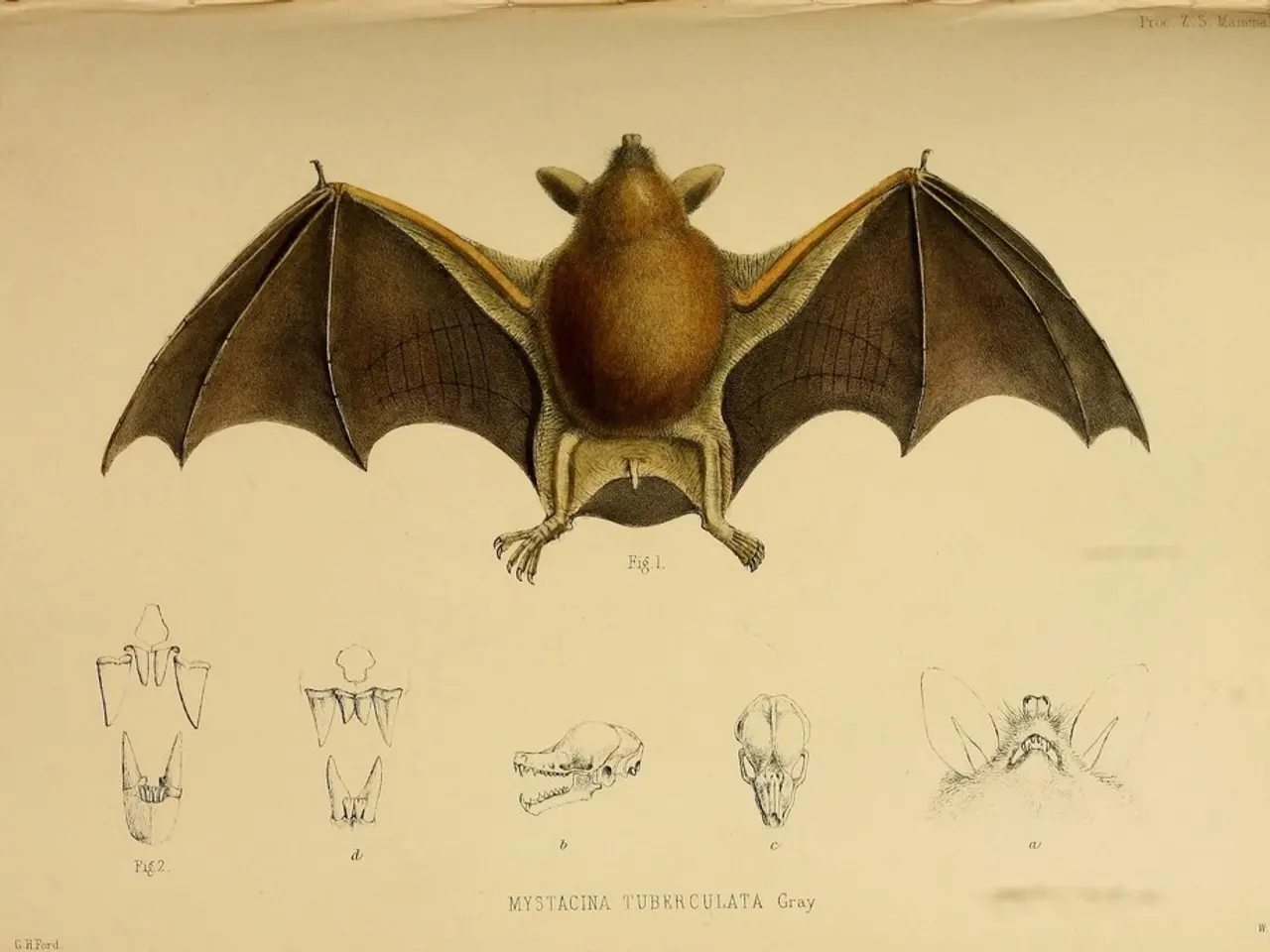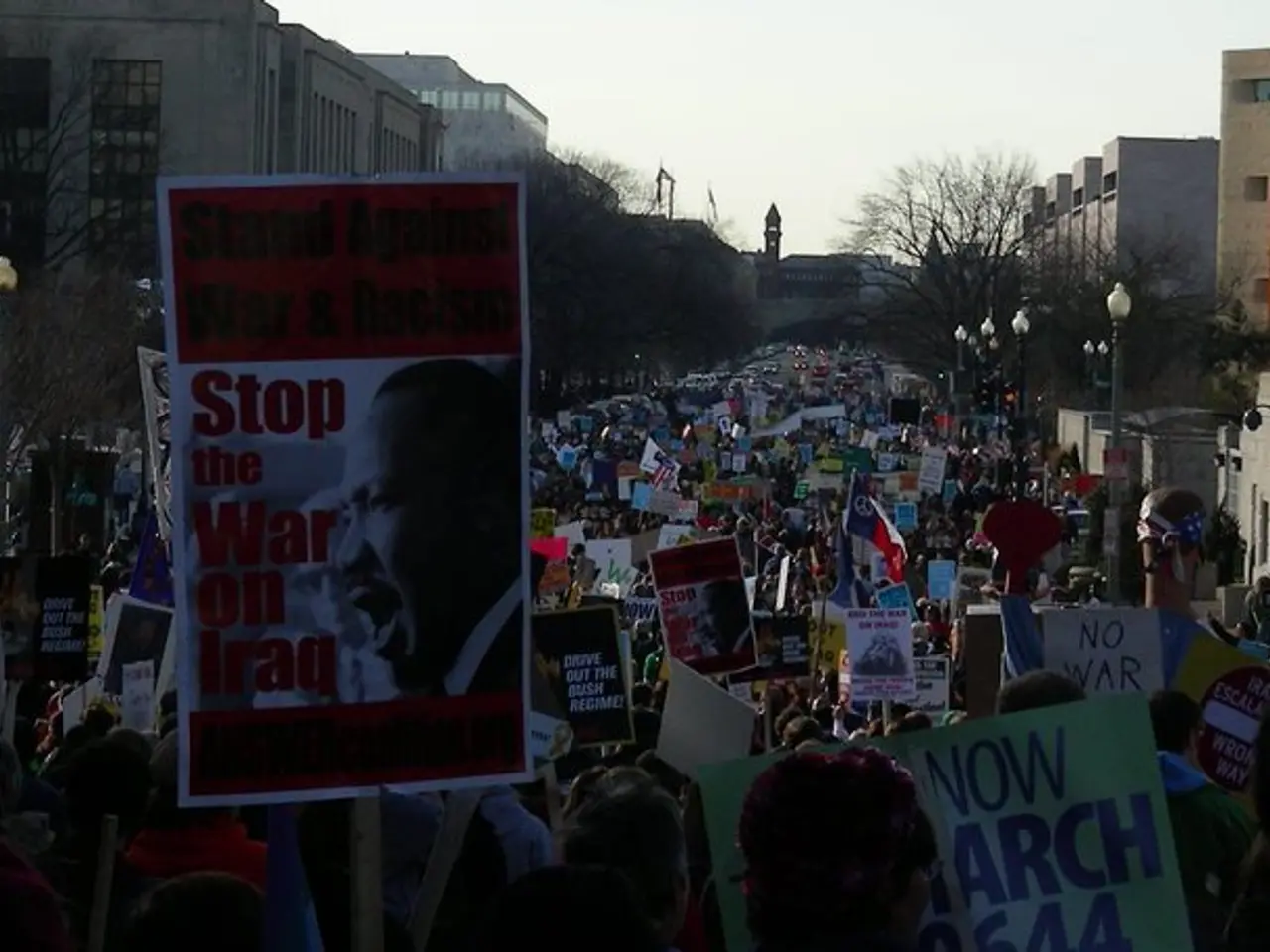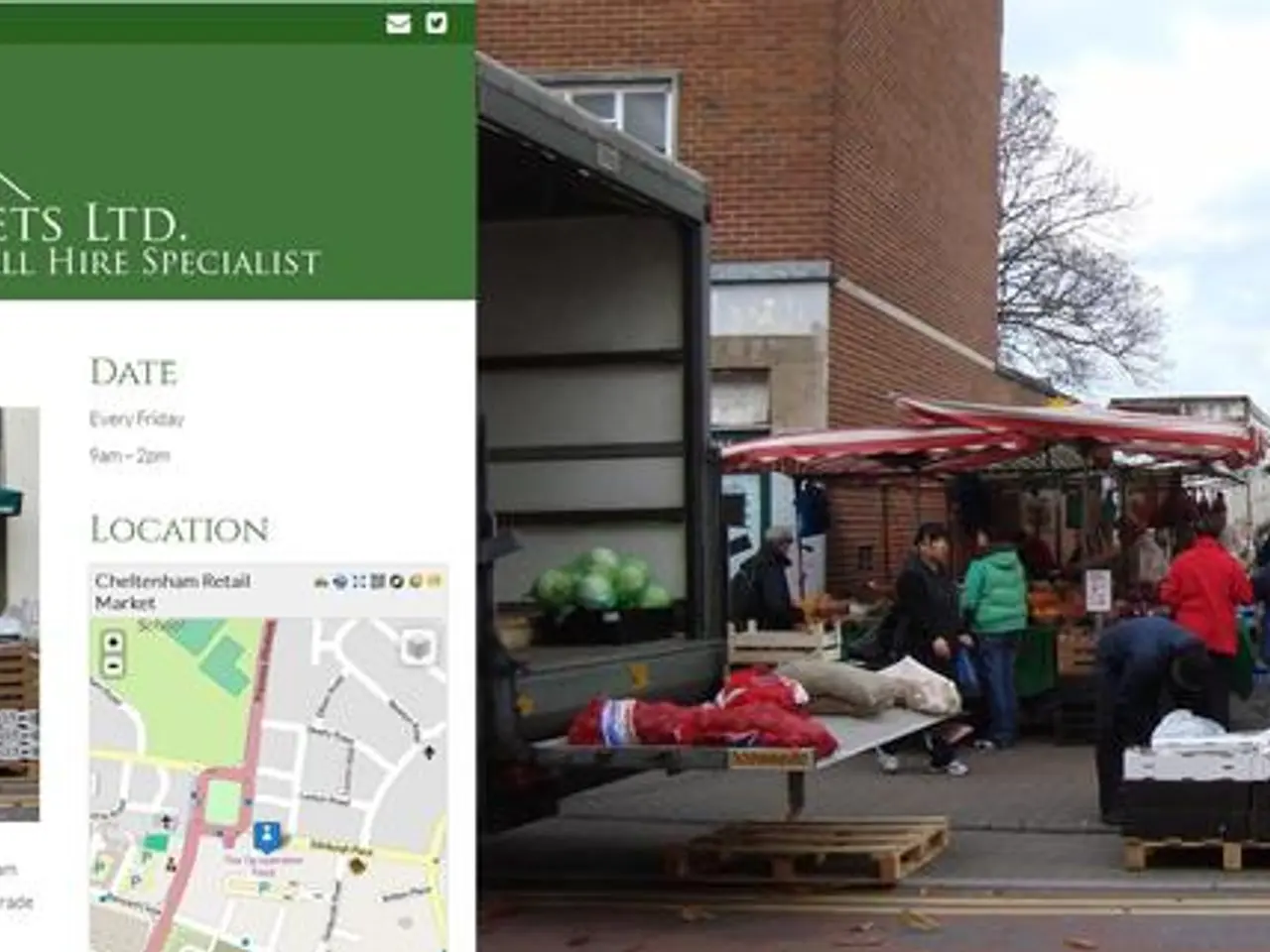South Carolina Battery Plant Construction Halted by Japanese Corporation Due to Trump Administration Policies
In a surprising turn of events, the construction of a $1.6 billion battery factory in Florence, South Carolina, has been halted as of June 2025, due to a combination of economic, policy, and market uncertainties. The factory, intended to produce batteries for electric BMWs, is a significant project in the state's efforts to establish itself as a hub for electric vehicle manufacturing.
### Current Status
The initial construction of the factory, which began in 2023, is paused but not cancelled. The plant is still planned to open around 2026, with approximately 1,620 jobs created. However, plans for a second, adjacent $1.5 billion expansion facility have been withdrawn indefinitely as the Japanese company AESC reevaluates market demand and conditions, deciding that one facility can meet customer needs.
### Factors Contributing to the Suspension
1. **Policy Uncertainty:** Potential changes and instability in U.S. federal EV tax credits threaten financial incentives critical for the project’s viability. Bills in Congress could allow early termination of tax credits for battery manufacturers, undermining economic forecasts.
2. **Tariffs and Trade Issues:** High import tariffs on Chinese machinery, steel, and aluminum have significantly increased costs. Much of the plant’s manufacturing equipment was to be imported from China and subject to tariffs as high as 145%, creating economic burdens for AESC.
3. **Market Uncertainty:** Fluctuations in market demand and customer requirements, as well as broader economic conditions affecting EV development, have influenced AESC’s decision to pause further investments and expansions until conditions stabilize.
Despite these challenges, AESC has stated it remains committed to investing in the plant and continuing operations once the policy and market environment becomes clearer and more stable. The factory’s completion and operation are poised to play a key role in supplying advanced lithium-ion battery cells to BMW’s assembly line in South Carolina, supporting the growth of the U.S. EV supply chain.
Meanwhile, in a separate development, a redevelopment worth $468 million has been approved in South Downey, California. The redevelopment of the Los Angeles County-owned South Rancho Los Amigos Property, which has been unused for over 30 years, is underway. However, no further details about the project have been disclosed.
In unrelated news, new clues have emerged in the disappearance of Amelia Earhart, with sonar images captured by Deep Sea Vision, an ocean exploration company based in South Carolina, potentially showing the location of her plane in the Pacific. These findings could provide answers to one of aviation's enduring mysteries.
[1] AESC Press Release, June 7, 2025 [2] South Carolina Governor's Office Press Release, June 8, 2025 [3] Florence Morning News, June 9, 2025 [4] U.S. Congress Joint Committee on Taxation, Proposed EV Tax Credit Bills, 2025
- The community news in South Carolina is abuzz with updates on the halted construction of a $1.6 billion battery factory, a significant event in the state's efforts to establish an industry hub for electric vehicle manufacturing.
- The editorial sections across the finance sector are discussing the factors contributing to the suspension of the factory, including policy uncertainty surrounding U.S. federal EV tax credits and market uncertainties affecting electric vehicle development.
- Meanwhile, separate community news in South Downey, California, reports the approval of a $468 million redevelopment project, aiming to rejuvenate a county-owned property that has been unused for over 30 years.




